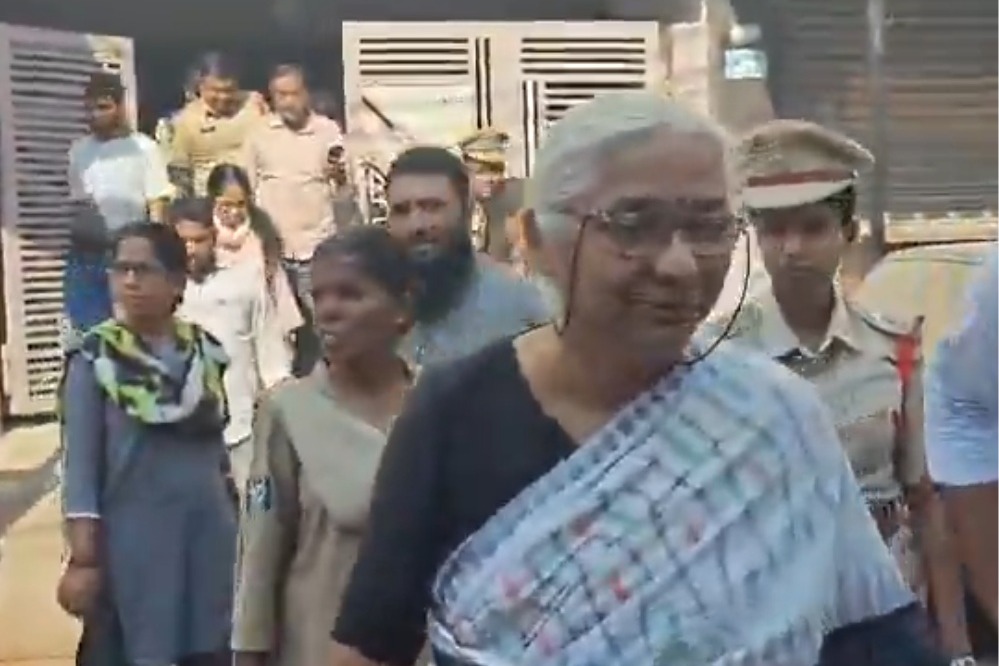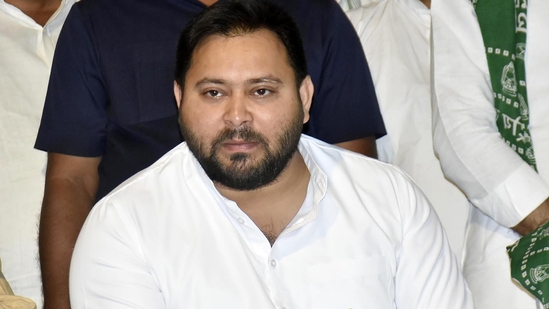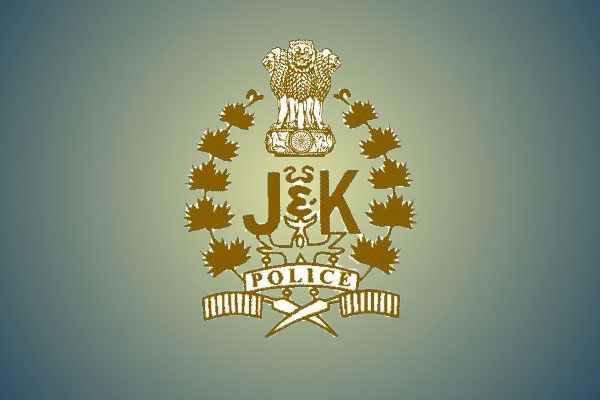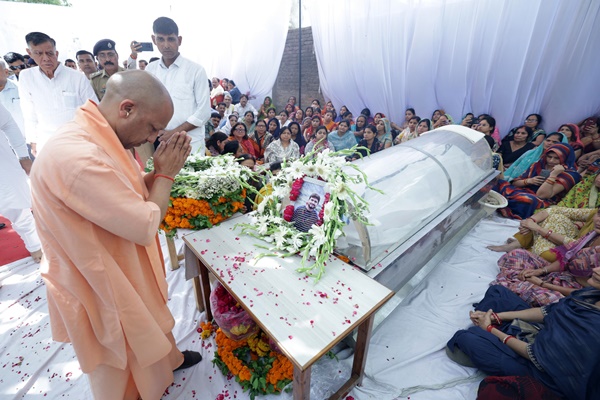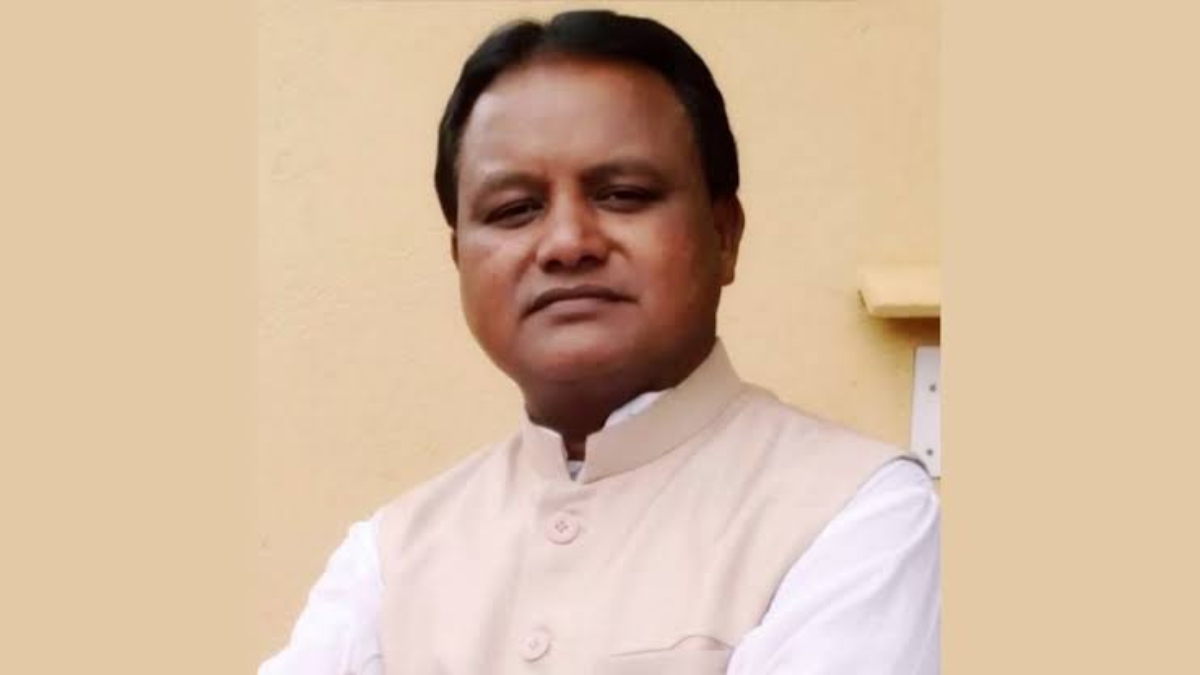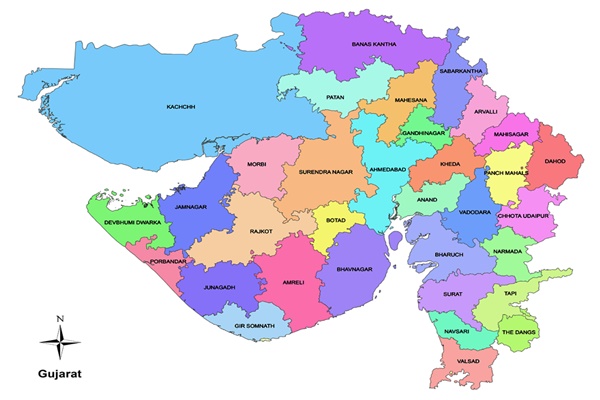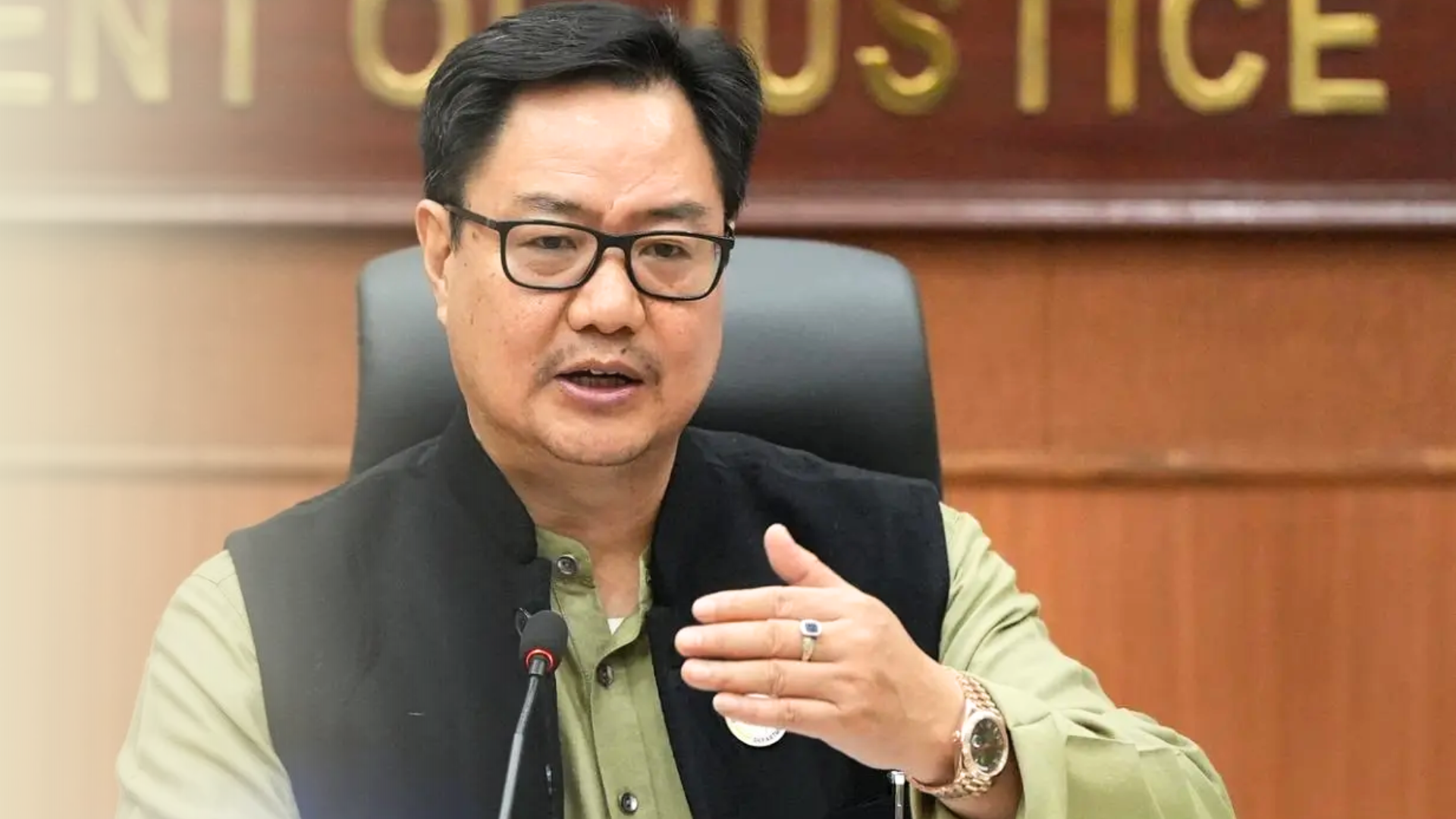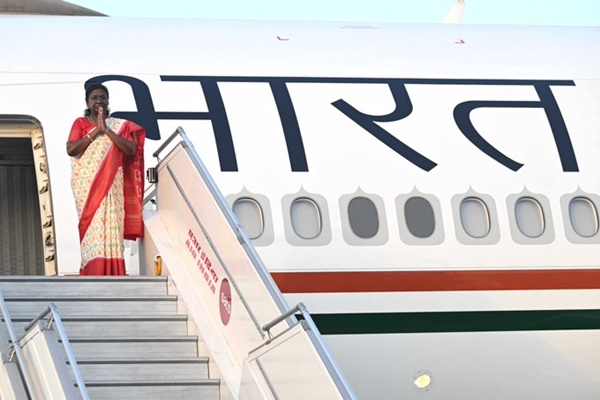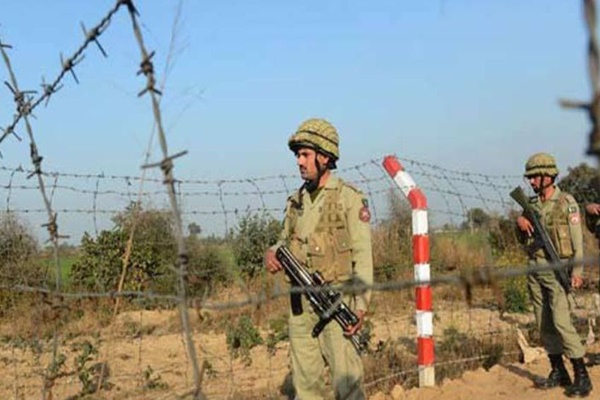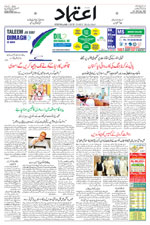UK turns to India to fill doctors vacancies
Tue 01 Mar 2016, 13:33:28

UK is turning to India in an attempt to fill thousands of vacancies for doctors and nurses in its state-funded National Health Service, it emerged today, but "unwise regulations" and changing visa regime have been making the British medical system less attractive for Indian doctors.
Statistics obtained by the BBC as part of a freedom of information (FOI) request indicate severe NHS staff shortages with a majority of NHS trusts across Britain forced to turn overseas to countries like India and the Philippines.
However, visa changes over the years and some proposed changes expected to kick-in soon have been making the British medical system less attractive for Indian doctors.
"Indian doctors should be treated equally as local doctors and not used simply as a pair of hands to service the NHS," said Ramesh Mehta, president of the British Association of Physicians of Indian Origin (BAPIO), a representative body of nearly 50,000 Indian-origin doctors in the country.
The group had recently taken up the issue of the UK's plans to impose a new Resident Labour Market Test (RLMT) to give UK and European medics priority in the UK job market.
"It will be very unfortunate as the NHS is already suffering from huge shortage of doctors and unwise regulations
will only create further problems," Mehta noted.
will only create further problems," Mehta noted.
According to the latest figures obtained by the BBC for its 'Inside Out' show to be telecast this evening, between 2013 and 2015 nursing vacancies had increased by 50 per cent and open positions for doctors had risen by 60 per cent.
In contrast, the number of new Indian doctors registering with the General Medical Council (GMC) in the UK dropped from 3,640 in 2004 to just 534 last year.
The Royal College of Nursing and the British Medical Association blamed poor workforce planning for the problems.
A Department of Health statement said: "Staffing is a priority - that's why there are already over 29,600 extra clinical staff, including more than 10,600 additional doctors and more than 10,600 additional nurses on our wards since May 2010.
There are more than 50,000 nurses currently in training.
"However, we know that much more needs to be done to make sure we continue to have the right number of staff in training and on our wards so patients receive high-quality care 24 hours a day, seven days a week.
"That's why we are changing student nursing, midwifery and allied health professionals funding to create up to 10,000 more training places by the end of this Parliament."
No Comments For This Post, Be first to write a Comment.
Most viewed from International
Most viewed from World
AIMIM News
Latest Urdu News
Most Viewed
May 26, 2020
Do you think Canada-India relations will improve under New PM Mark Carney?
Latest Videos View All
Like Us
Home
About Us
Advertise With Us
All Polls
Epaper Archives
Privacy Policy
Contact Us
Download Etemaad App
© 2025 Etemaad Daily News, All Rights Reserved.




.jpg)
.jpg)
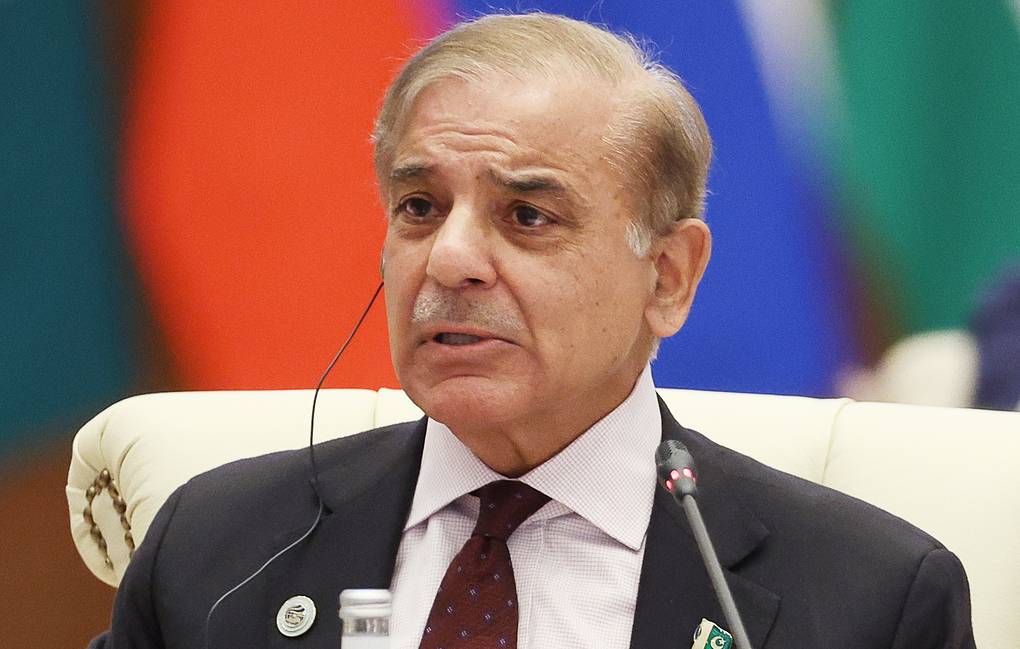
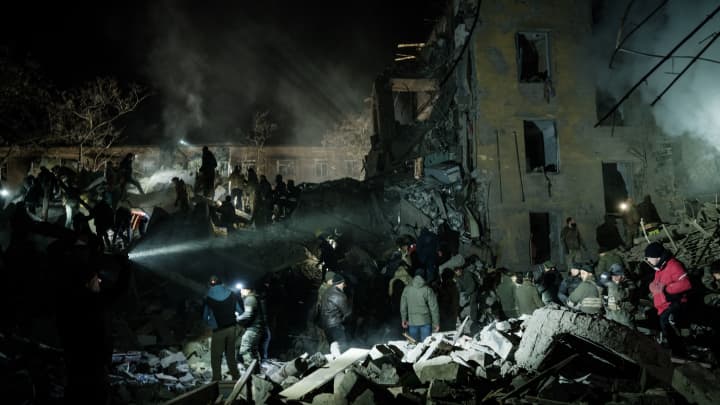
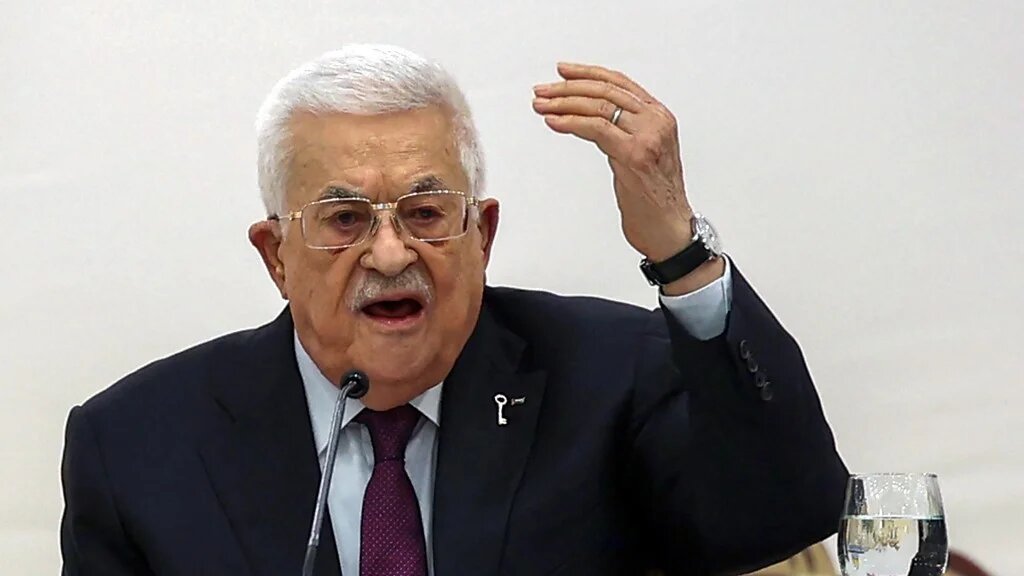

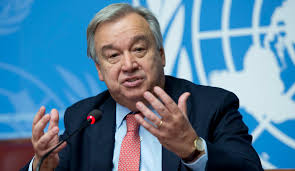
.jpg)
.jpg)
